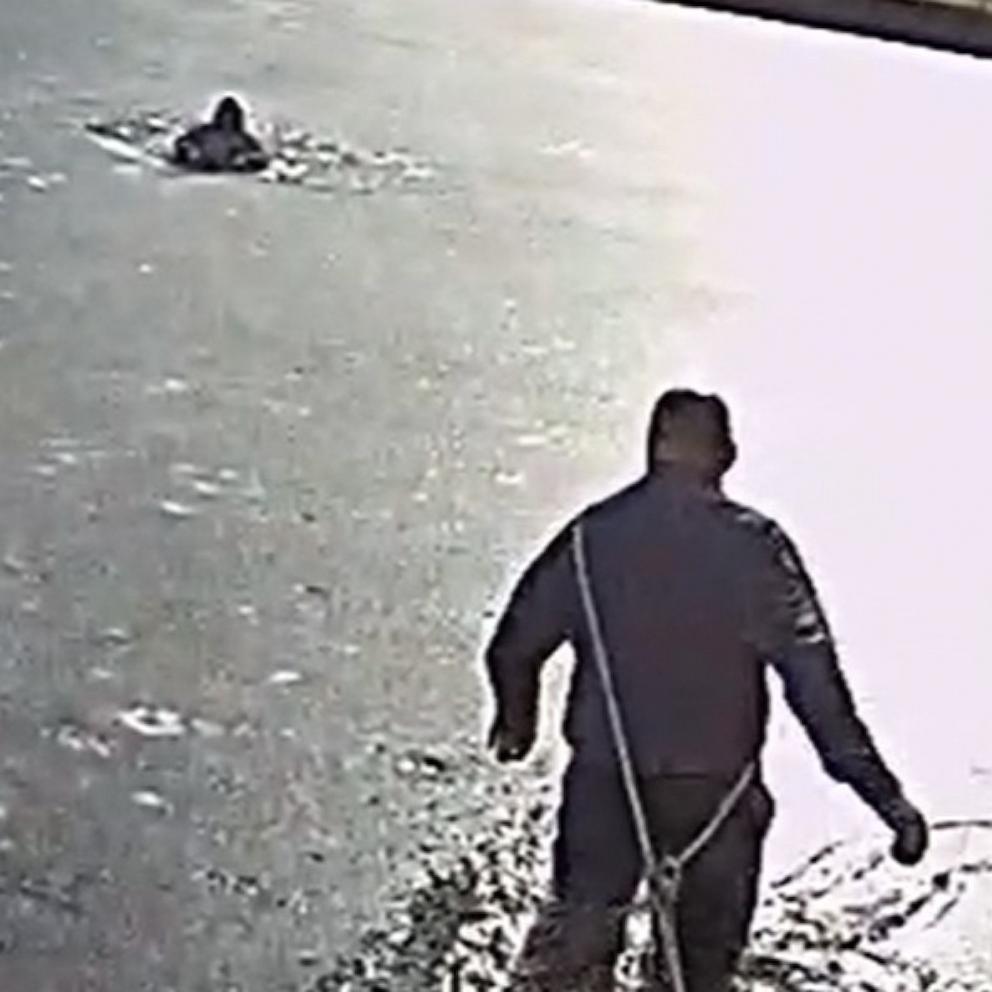What's in Trump's Syria 'ceasefire' with Turkey, what's not, and what comes next: Analysis
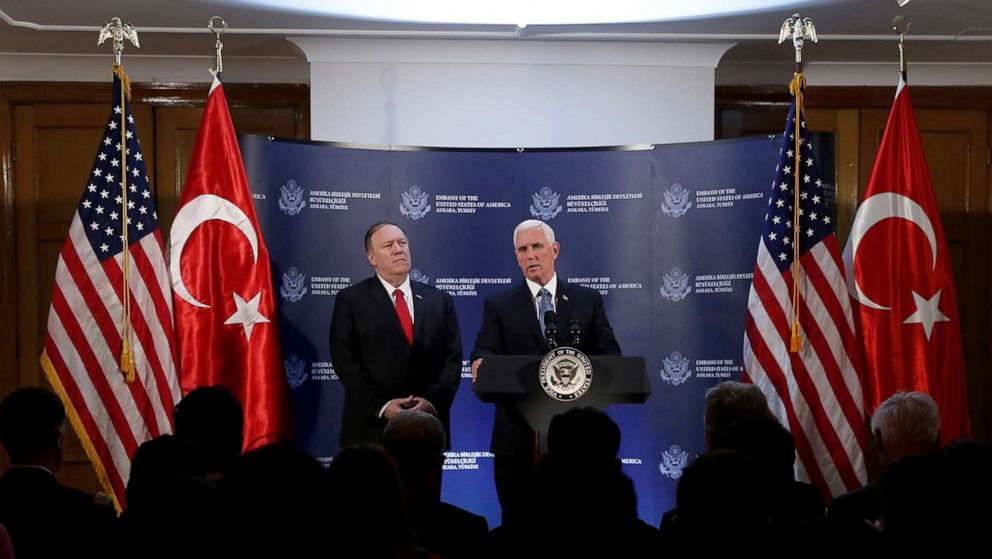
President Donald Trump heralded the deal reached between Turkey and the United States to halt fighting in northern Syria as a "good solution" on Friday after branding it a "good day for civilization" when the agreement was reached Thursday.
But since the release of a joint statement between the two NATO allies, critics from across the political spectrum have criticized it as a capitulation to Turkey or a vague resolution that does not fully address the crisis now unfolding in northeastern Syria with the departure of U.S. troops.
"The administration and the president's decision has undermined every single one of" America's interests in Syria "and I think has done so in ways that we're going to regret for a long time," Sen. Marco Rubio, R-Fla., said Thursday after the agreement was announced.
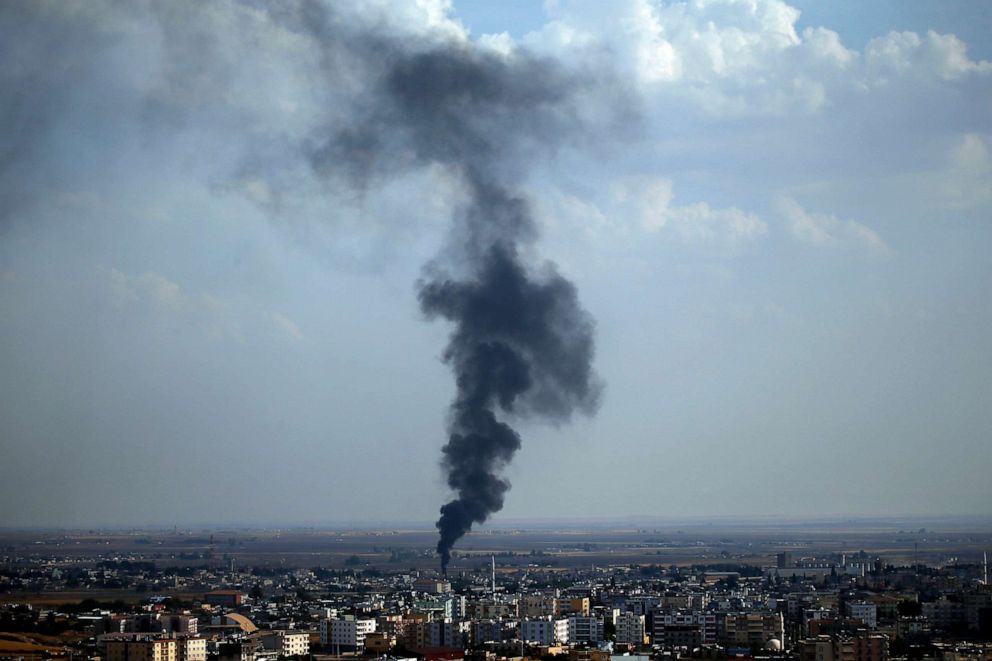
Eight days after the start of Turkey's operation against Syrian Kurdish forces that were armed by and fought alongside U.S. troops against ISIS, the agreement for a ceasefire was reached by Vice President Mike Pence, Turkish President Recep Tayyip Erdogan, and their delegations. It calls for a 120-hour, or five-day, pause by Turkey's military to allow those Syrian Kurds, known as the Syrian Democratic Forces, or SDF, to withdraw from a buffer zone. If the withdrawal is complete, Turkey will halt its operation altogether, and if they do, the U.S. will lift the sanctions on three senior Turkish officials and two government ministries.
Despite the agreement taking effect Thursday evening local time, there were intermittent clashes Friday near the Syrian border towns where Turkish forces and their allies in the Syrian opposition were placed. The SDF blamed Turkey for shelling and gunfire, although Erdogan denied there were any.
Secretary of State Mike Pompeo blamed the continued violence on Turkey's lack of "command and control" over "irregular forces," but downplayed its importance: "Our sense is, the political commitments that were made yesterday will end up being successful," he told Politico.
The violence, however, speaks to a larger issue in the agreement: It does not specify the area that the SDF must vacate, dismantle their heavy weapons, and destroy their fortifications. Without consensus over its parameters, further clashes are all but certain.
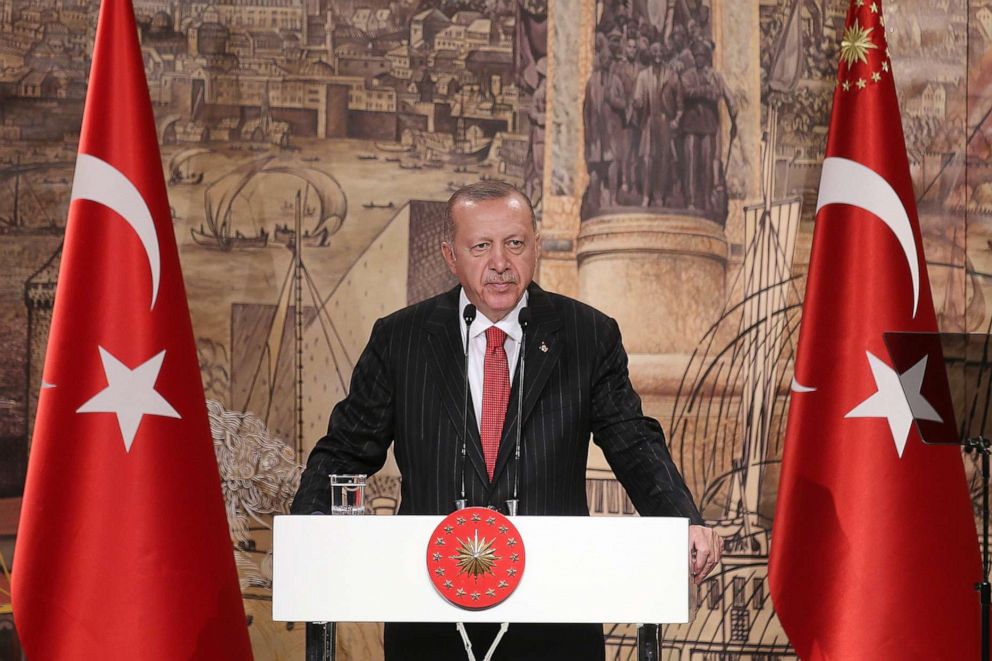
Erdogan said Friday the so-called "safe zone stretches 440 km [273 miles] along our border with Syria," adding that Trump agreed to that.
But Trump's special envoy for Syria and for defeating ISIS said otherwise just hours earlier. "As the document says," he said Thursday to reporters traveling with him and Pompeo, the ceasefire is for "areas that are controlled by the Turks ... because that’s where the Turks can do a ceasefire, and a withdrawal of the YPG from those areas."
That's the view shared by the SDF as well. Gen. Mazloum Abdi, the SDF commander, said Thursday the deal is limited to the areas around Ras al-Ayn and Tal Abyad, two Syrian border towns that Turkish forces have seized, adding, "Nothing has been discussed for the other regions. Our forces remain there."
The State Department did not respond to questions about the agreement on Friday.
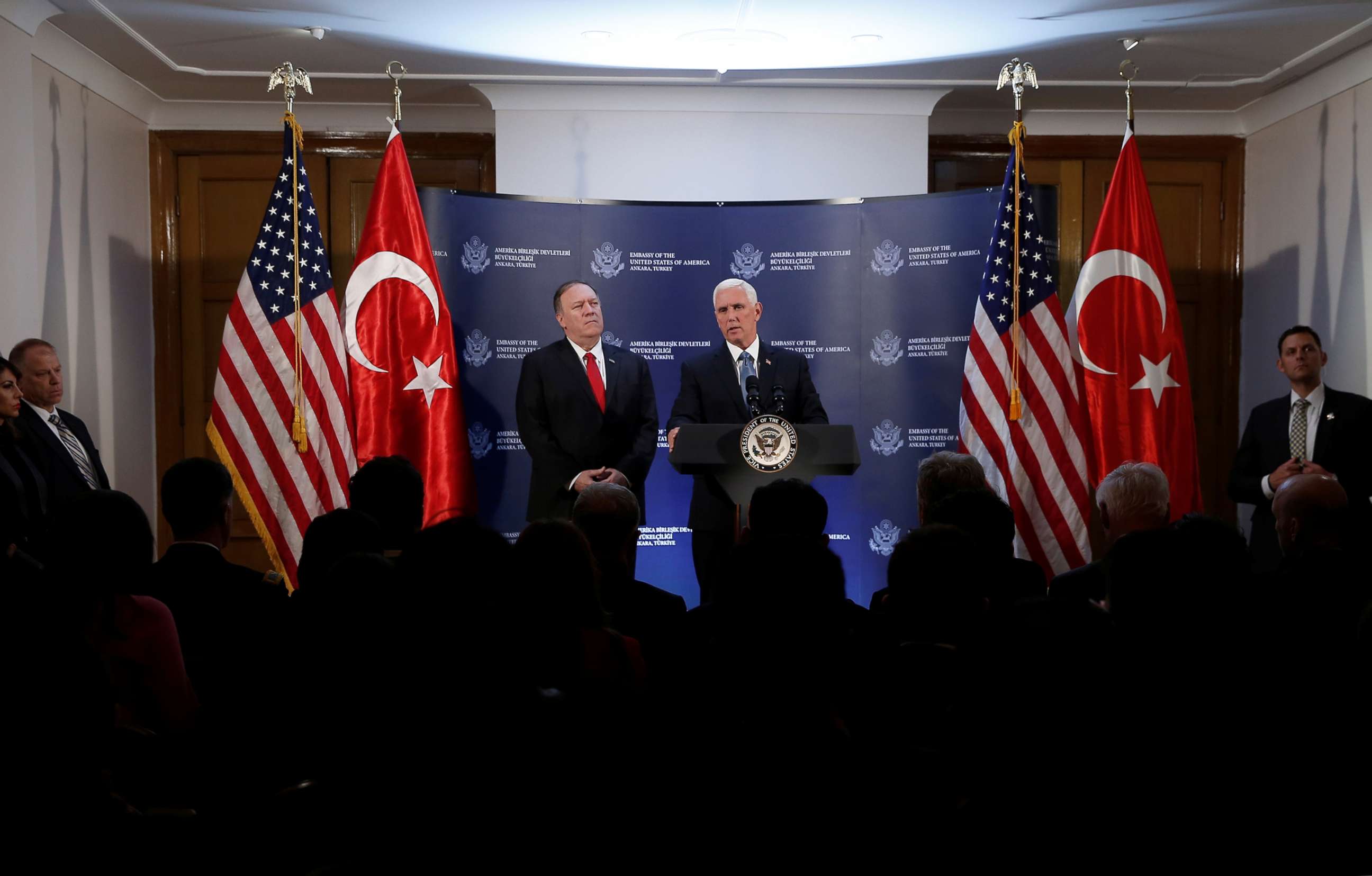
The confusion over the terrain is also tied to a disagreement over what this deal is -- a "ceasefire," as Pence and Trump have said, or a "pause," according to Turkish Foreign Minister Mevlut Cavusoglu, who even denied it was a ceasefire at all.
"We use the word ceasefire. The Turks do not because it's not in the agreement," Jeffrey said, dismissing the difference by saying either way, there is an agreement on "no forward movement of troops on the ground and no military action other than self-defense."
But after the initial five-day period, if the SDF has not moved out of the entire territory that Turkey has identified, it seems likely that Erdogan will declare the agreement incomplete and move to retake the remaining territory. Pompeo said Friday at NATO headquarters in Brussels that he's "hopeful" in the deal's remaining 96 hours that both sides will meet their commitments, but what if they disagree on the commitments?
"The violence will stop when the Turks have everything they want," according to Ryan Crocker, who served as U.S. ambassador to Syria, as well as Afghanistan, Iraq, Pakistan, Kuwait, and Lebanon. "If they don't have everything they want, they're going to continue action until they get it," he told MSNBC Friday.


